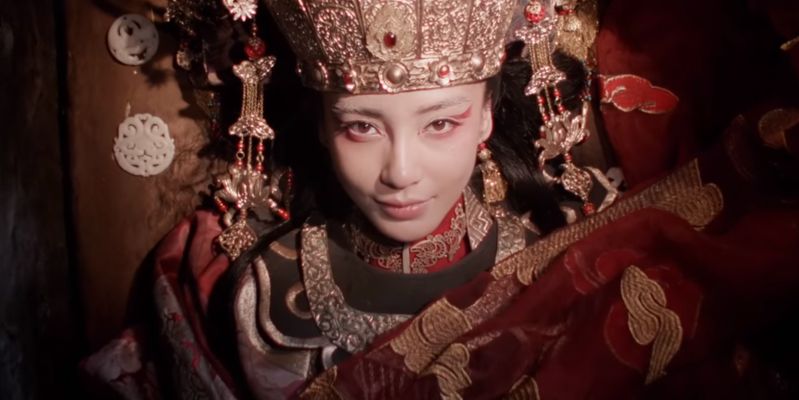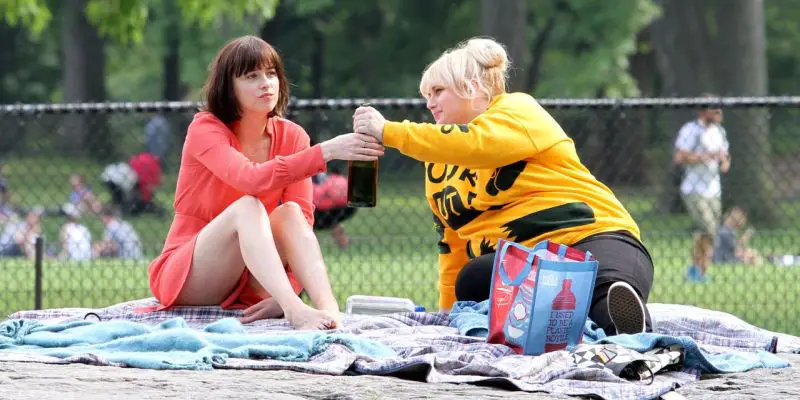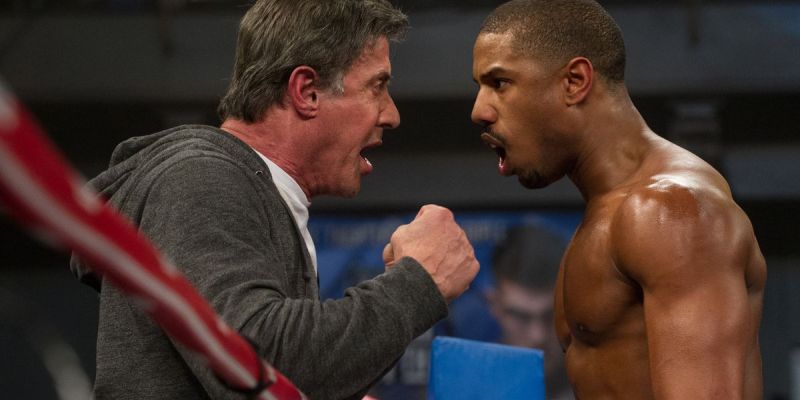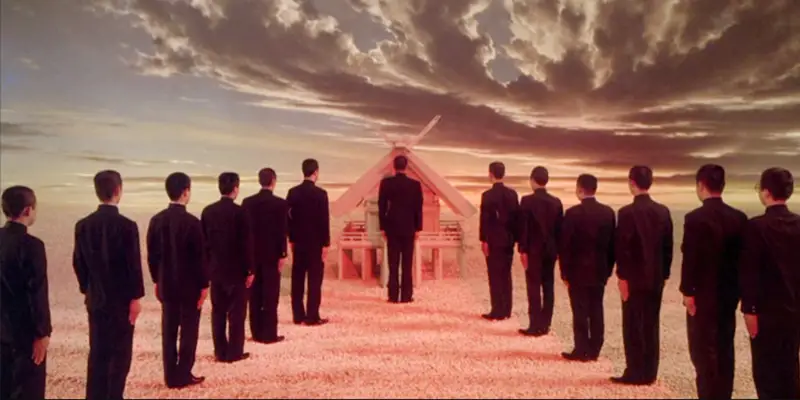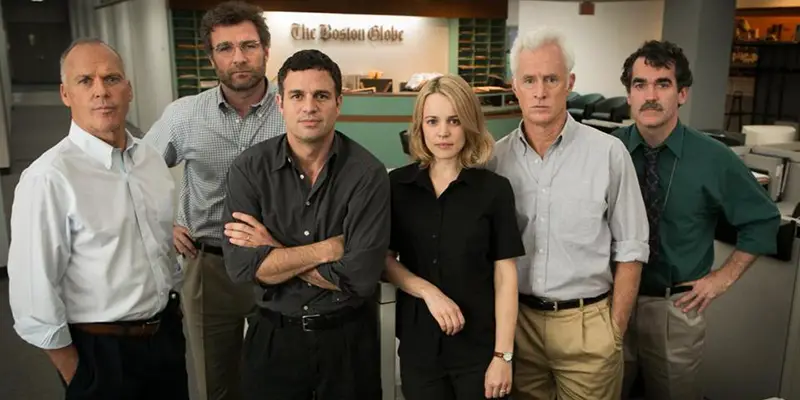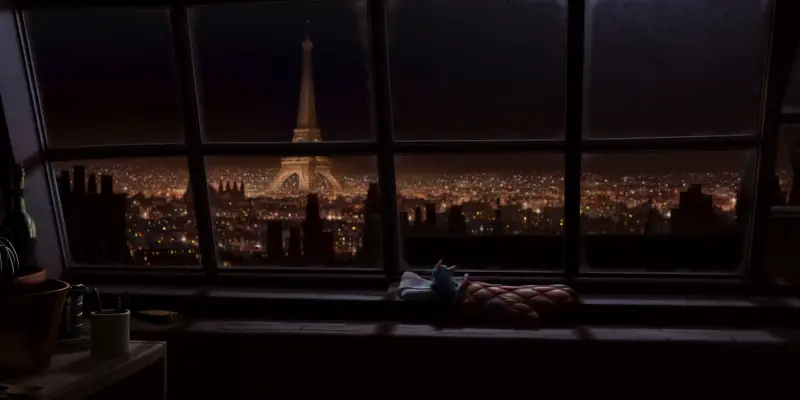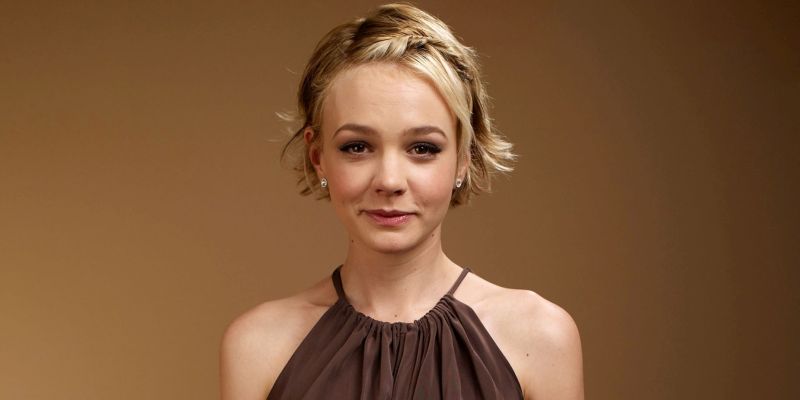
As Oscar Wilde said, life imitates art far more than art imitates life, and that’s certainly true when it comes to Carey Mulligan’s recent outspokenness on women’s rights – hot on the heels of her stunning performance in Suffragette (2015). In recent media interviews, she’s talked about the inequality that exists in Hollywood, including the wage gap between male and female actors and the lack of films by female directors. But she’s also gone beyond that, to talk about Hollywood’s lack of interest in telling stories about the lives of women.
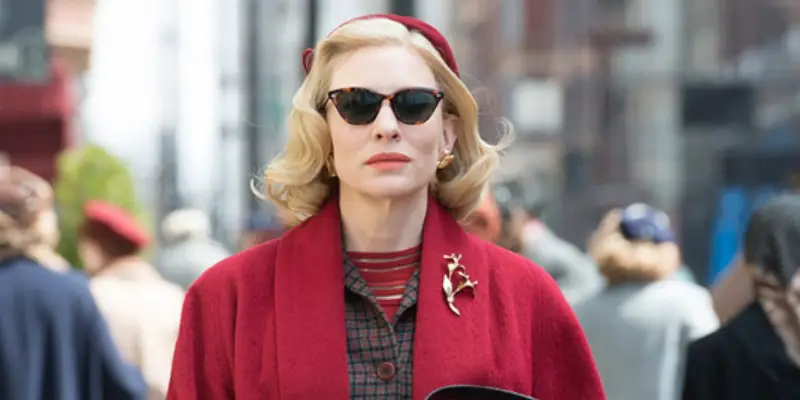
Most directors have a recognisable style that characterises their movies, giving them a distinctive visual stamp that claims it as wholly theirs. Todd Haynes is an unusual director in that his style differs from movie to movie, fully committing to replicating different genres and bygone fashions to the extent that he has no distinctive visual style that claims any movie as distinctively his. With Carol, he has made a period drama not entirely dissimilar from his early film, 2002’s Far From Heaven.

Cady McClain is an award-winning daytime TV actress, but she has another side: as a director. She has completed two short award-winning films, Flip Fantasia and World of Albert Fuh, and the comedy web series Suzy F*cking Homemaker, and is currently in production on a new documentary about women directors called Seeing Is Believing:
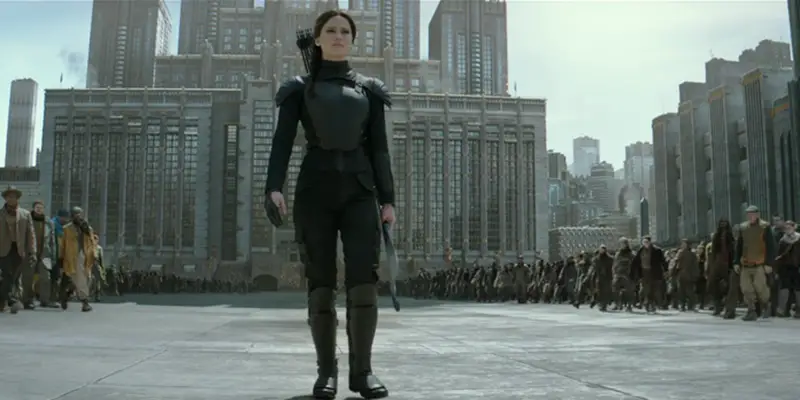
Although initially derided as nothing more than a rip-off of similar dystopian novels (and their subsequent film adaptations) The Running Man and Battle Royale, author Suzanne Collins saw her book series become increasingly popular due to how it tied in with the contemporary societal fear of graphic violence co-existing with inane entertainment. Collins devised the idea for her original 2008 novel whilst at home channel-surfing, with the image of a bleak reality showcased by war reports on news channels making an uneasy bedfellow with the artificial reality of TV talent competitions. A dystopian fantasy that now closely resembles our reality As the adaptation of the final chapters in Collins’ trilogy closer Mockingjay Part 2 makes its way to the big screen, it is less than a week after the world was left horrified by images of terrorism in Paris.
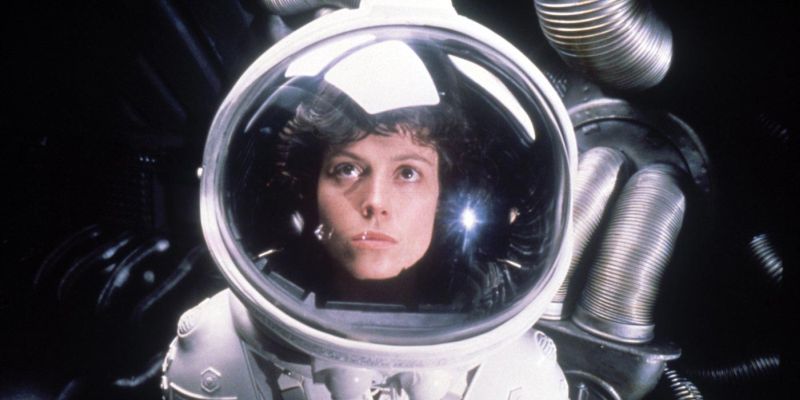
By its nature, sci-fi is a genre of revolution. The fantastical elements (time travel, dystopian future setting or parallel worlds) allow the genre a certain amount of artistic license. This generally results in society being represented as fairer, less discriminatory or strong themes of trying to make the world a better place.
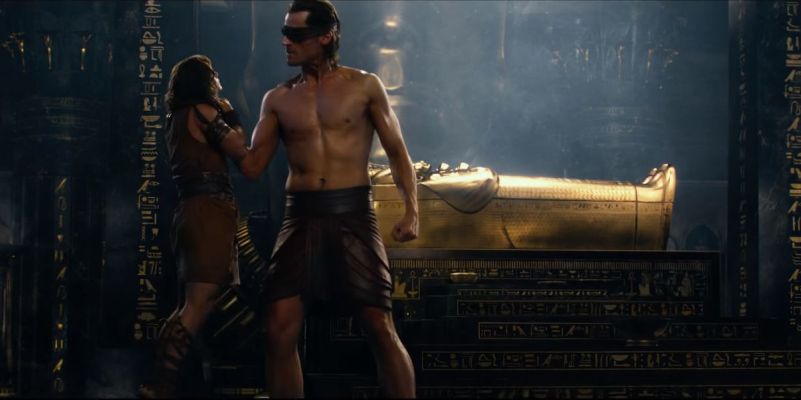
You ever get the feeling that Gerard Butler gets typecast for ancient myth stories? In Gods of Egypt, we have the once proud Leonidas as Set, the god of the desert, storms, disorder and violence. In this instance, he’s just the god of darkness who has plunged this CGI-whitewashed Egypt into chaos and conflict.
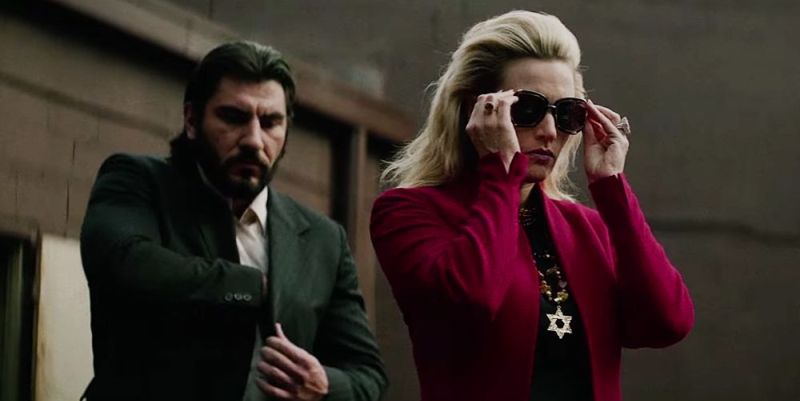
Eh, these guys are cool. I’ve recently begun changing the characters I recognize from other films or media and putting them into these trailers. So my current line up stars Daryl Dixon, Jesse Pinkman, Tallahassee (or Haymitch Abernathy to some of you), Falcon, Clementine Kruczynski and Ben Affleck’s little brother.
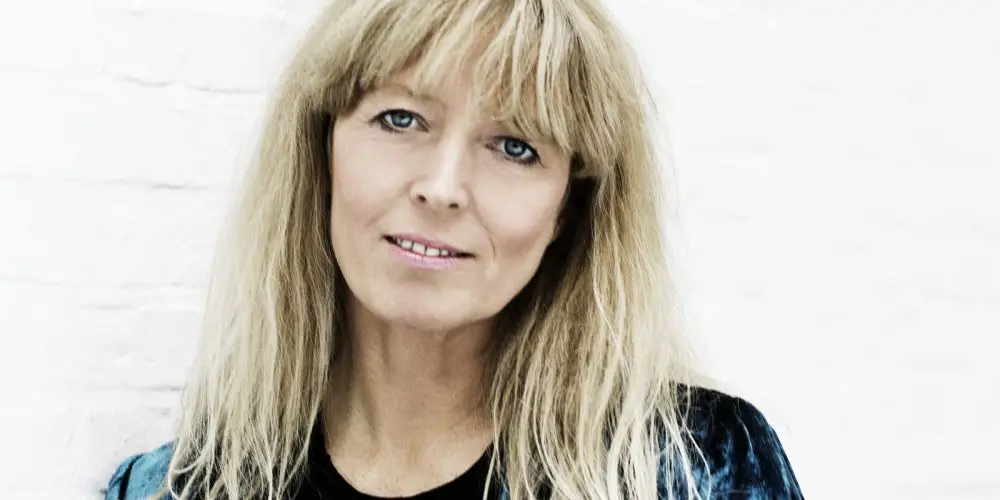
Hanna Polak is a documentarian whose films have been screened the world over. It only took her two directorial efforts for her to be recognized by the Academy, as her memorable film Children of Leningradsky was nominated for Best Documentary Short in 2005. After spending some time as a director for hire, Polak is returning to the international documentary scene with an absolutely remarkable film over 14 years in the making, Something Better To Come (you can read my review here).
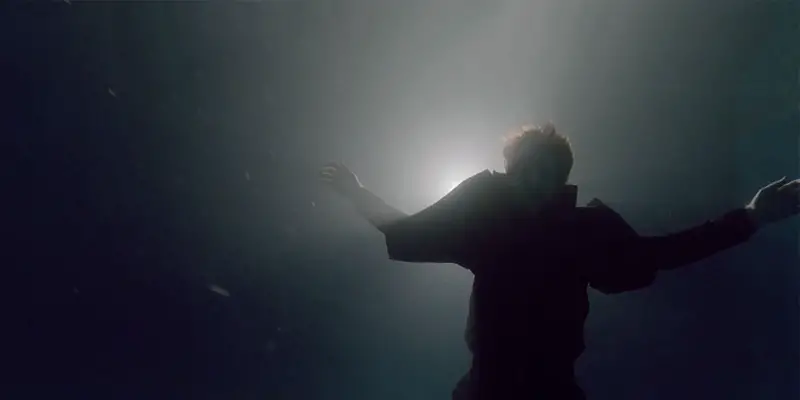
Knight of Cups is the first film I’ve ever seen where over a third of the audience left the theatre during the film. Without any context, I understand why this film would drive people to leave the movie. The film is an artistic montage, never stopping to deliver any linear narrative or dialogue scenes, continuing its visual poetry.


